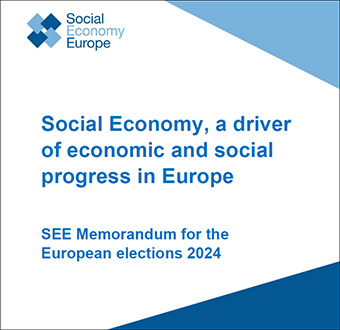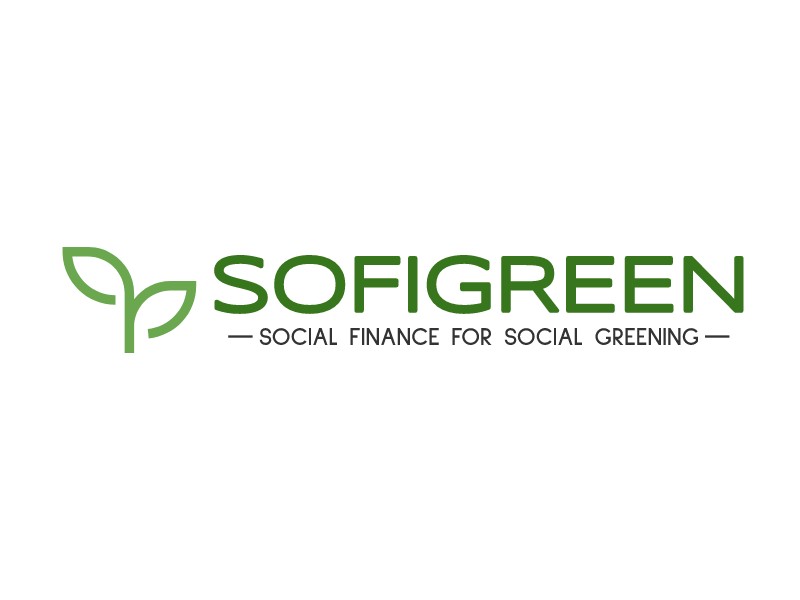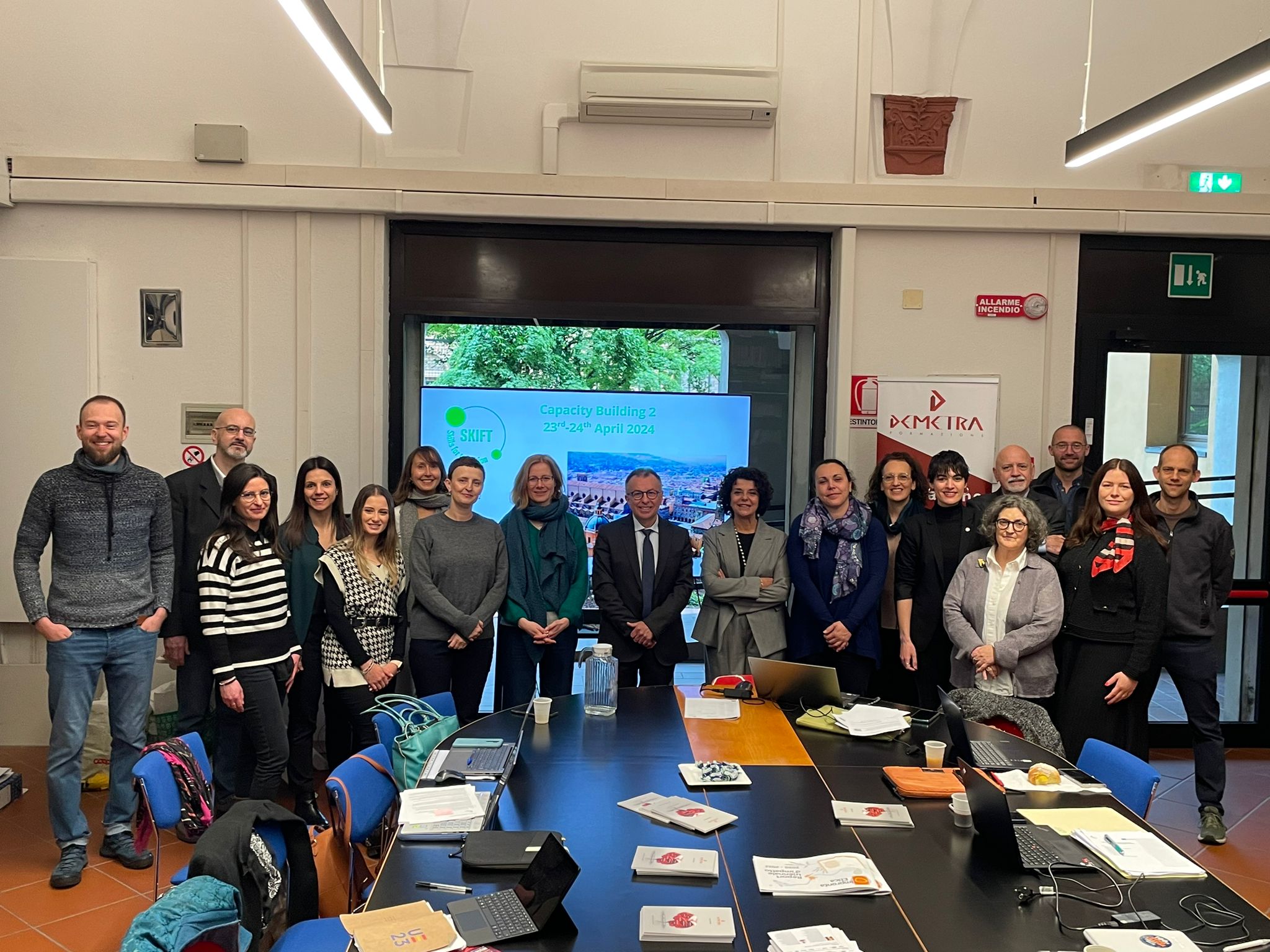New pathways to innovative welfare solutions” is the title of a publication issued by the Swedish Association of Local Authorities and Regions.
So far, (cooperation with the) social economy in Sweden has very much been associated to the field of work integration. However, an increasing number of public authorities now see a need to better build on the potential of the social economy in general and in all its diversity to contribute to the creation of welfare at local level.
The handbook has the objective to provide guidelines to Swedish local and regional authorities on how to engage in successful partnerships with the social economy.
It contains:
– references to the definition of ‘social economy’ in Sweden and the Swedish national strategy for social enterprises;
– testimonies by different Swedish municipalities on the benefits of cooperating with social economy enterprises;
– guidelines regarding processes and structures within a municipality or region that might favour successful cooperation with the social economy;
– tips regarding the establishment of sustainable processes and structures of cooperation with the social economy;
– guidelines on financing and procurement;
– examples of Swedish social (economy) enterprises;
– reading recommendations.
The guide has been published in Swedish and English. The English version is available here.
Read More
European Elections: Help us mobilising (future) MEPs to keep social economy on the EU policy agenda
The European elections are approaching. Their outcome will decide on the direction the EU will…
REVES Annual Meeting 2024: Focus on inter-cooperation between different (social economy) actors and municipalities
REVES Annual Meeting 2024: Focus on inter-cooperation between different (social economy) actors and municipalities REVES…
OPEN CALL: POSSIBILITY FOR MICRO&SMALL SE ENTERPRISES TO RECEIVE FREE ADVISE AND COACHING ON GREEN TRANSITION-RELATED TOPICS
The SKI.F.T call for proposals is now open! Micro and small social economy enterprises…
GREENING OPPORTUNITY FOR SEEs
the SOFIGREEN call for proposal for SEEs operating in France, Italy and Spain is now…
 Docs
Docs  Support
Support 






